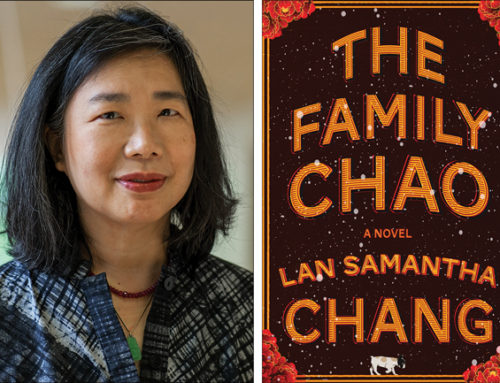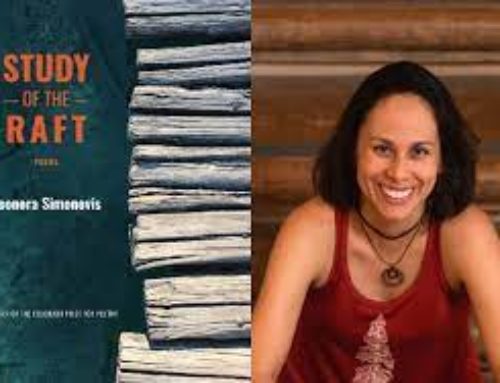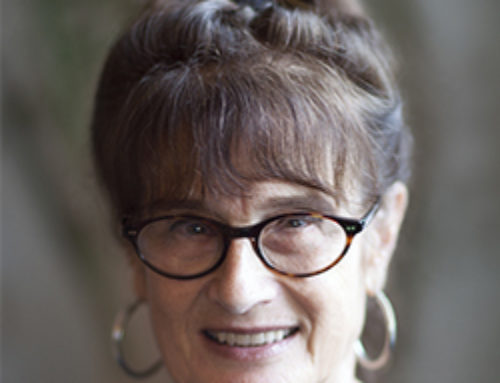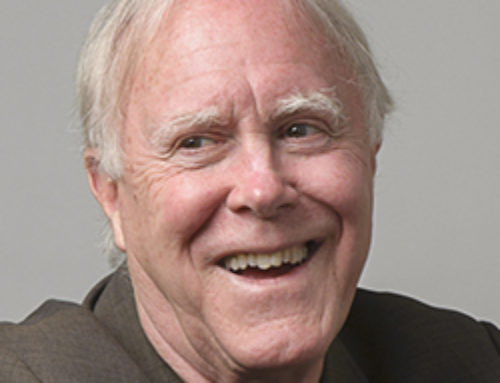Thanks to fiction assistant Patrick Vogelpohl for penning this profile.
 Countless writers find inspiration in their family histories. However, no one draws from their lineage quite like Christopher Tilghman, a long-time conference faculty favorite who returns this summer after an eight-year hiatus.
Countless writers find inspiration in their family histories. However, no one draws from their lineage quite like Christopher Tilghman, a long-time conference faculty favorite who returns this summer after an eight-year hiatus.
“I really don’t write about my family’s history, at least as some coherent narrative,” Tilghman said. “I simply take bits and pieces, legends I grew up with . . . and bend them to my liking.”
In his latest novel, The Right Hand Shore, the author continues to reimagine his actual family estate in Maryland, where his ancestors first settled in 1657. In the novel – a prequel to the brilliant Mason’s Retreat – protagonist Edward Mason spends a long day in 1920 negotiating the purchase of a massive, centuries-old family settlement from his cousin, Mary Bayly. Throughout the day, Bayly and her workers offer Mason a brutal oral history of the property, which also features a settlement for black families.
In her review of The Right Hand Shore for the New York Times, Fernanda Eberstadt writes that Mr. Tilghman is “quite pitiless about the toll of moral ambiguity exacted on the people who live in a border country that’s neither land nor sea, neither North nor South.”
According to the Boston Globe, “The novel’s characters are utterly engrossing. All possess that American familial yen for somehow correcting the mistakes of their own upbringing—of doing better. Yet they are caught in a system designed for stasis.”
NPR’s Terry Gross has cited the author’s “vivid sense of place.” Critic Maureen Corrigan calls Mr. Tilghman a “master of mood.”
Like the rest of our faculty, Mr. Tilghman is also a devoted instructor. He is a professor of English at the University of Virginia, and is currently director of the school’s MFA program in Creative Writing.
“I think the point of workshops, especially in a summer conference, is to give the writer ways of re-entering the story,” Tilghman said. “And you don’t re-enter a story through its mistakes; you do it through its strengths, its potential, its possibilities. So, I’m no fan of slash and burn.
“I’m interested in craft, in the devices of fiction, the range of techniques available to achieve a certain sensibility. To use a musical analogy . . . I think too many writers never get more than an octave above or an octave below middle C,” he said. “There are 88 keys on a piano, and we should try to use them all.”
Mr. Tilghman also wrote Roads of the Heart and two story collections: The Way People Run and In a Father’s Place. His stories have appeared in The New Yorker, Ploughshares, the Virginia Quarterly Review, and other magazines, and have been selected three times for inclusion in The Best American Short Stories. His fellowships and awards include a Guggenheim Fellowship, the Ingram Merrill Foundation Award, and a Whiting Writers’ Award.
You can visit his website at christophertilghman.com — and meet him in July at the conference, when he’ll give a craft lecture Monday, July 29, at 1:30 p.m. and read from his works Tuesday evening, July 30, at Robert Mondavi Winery. See the schedule of readings and lectures for all the details.







